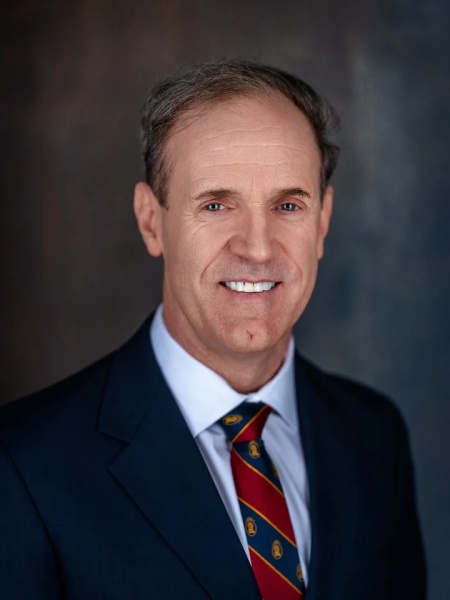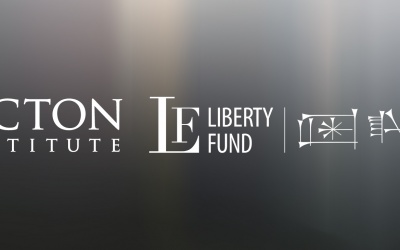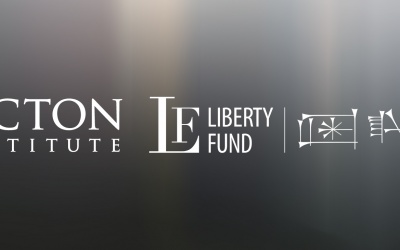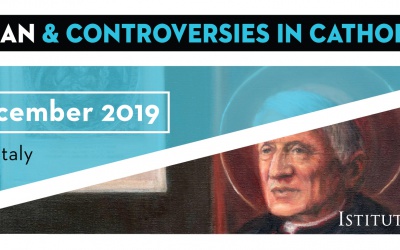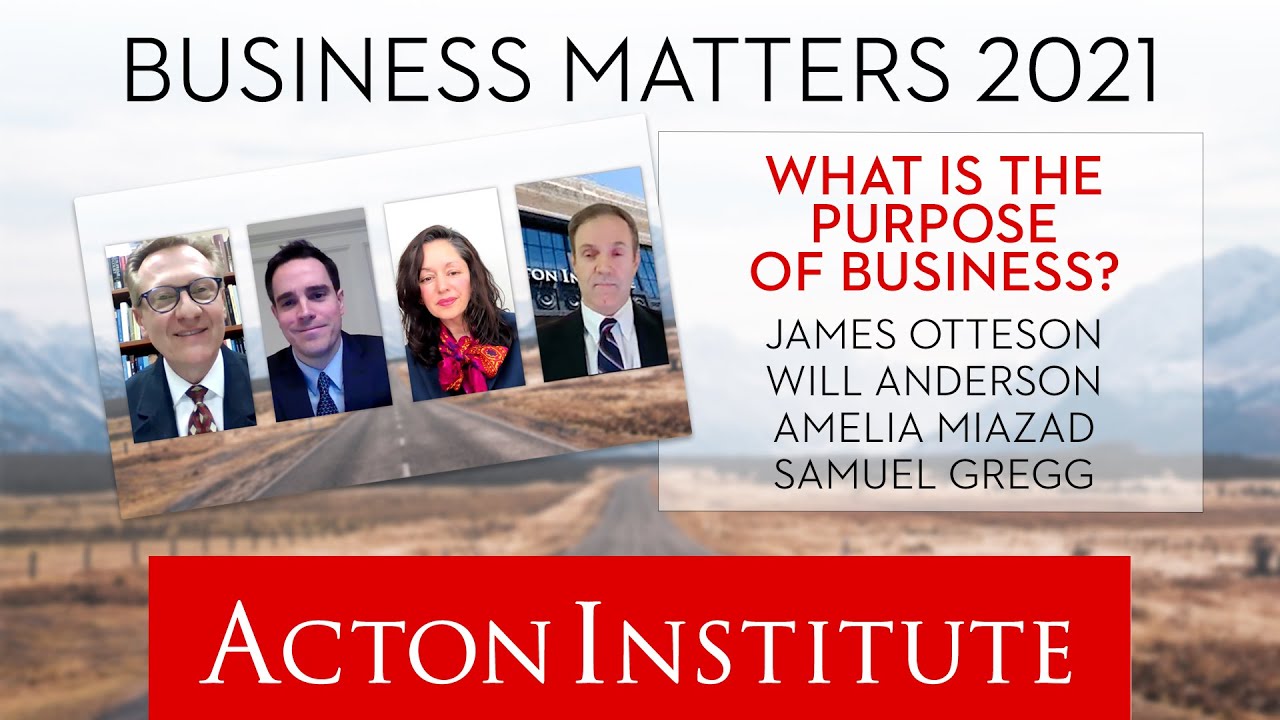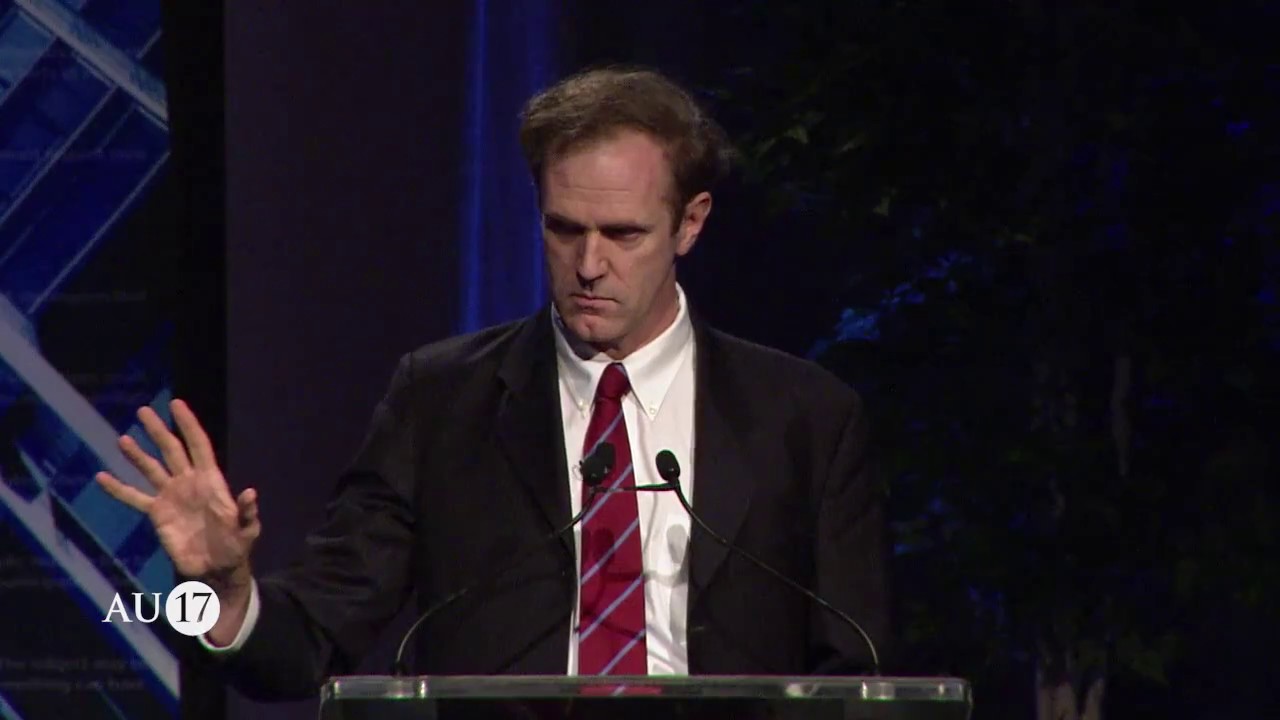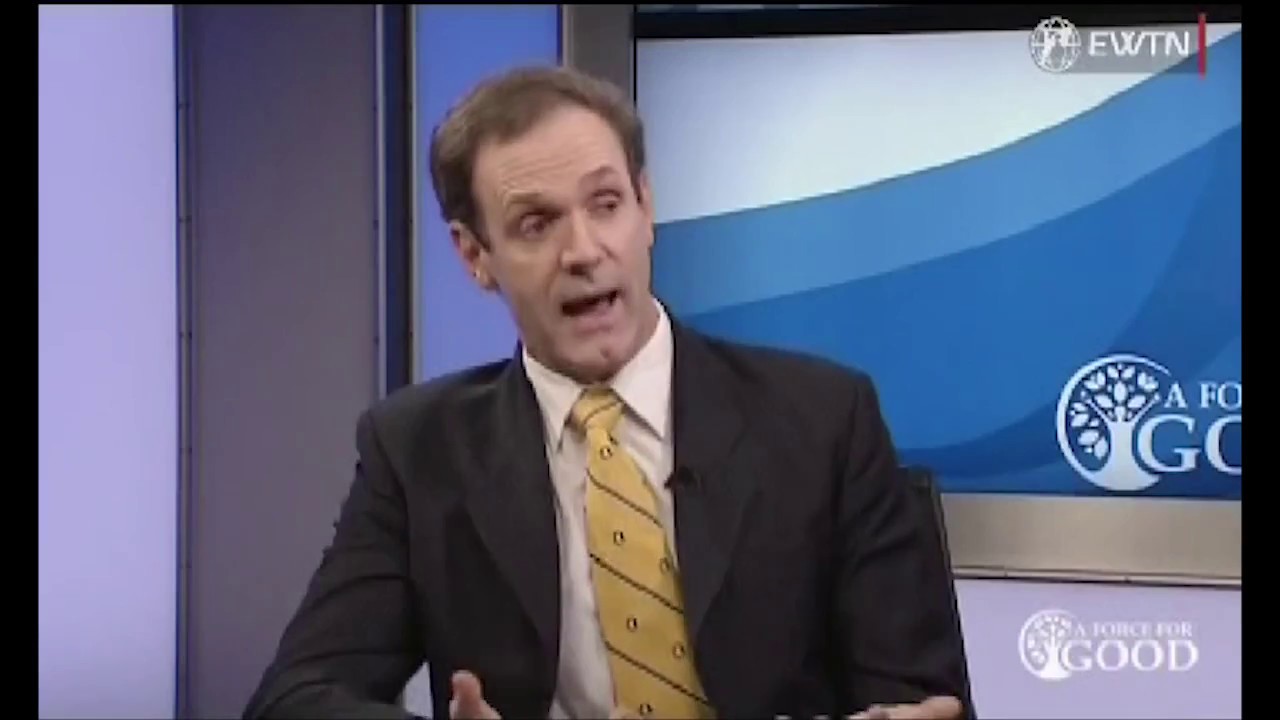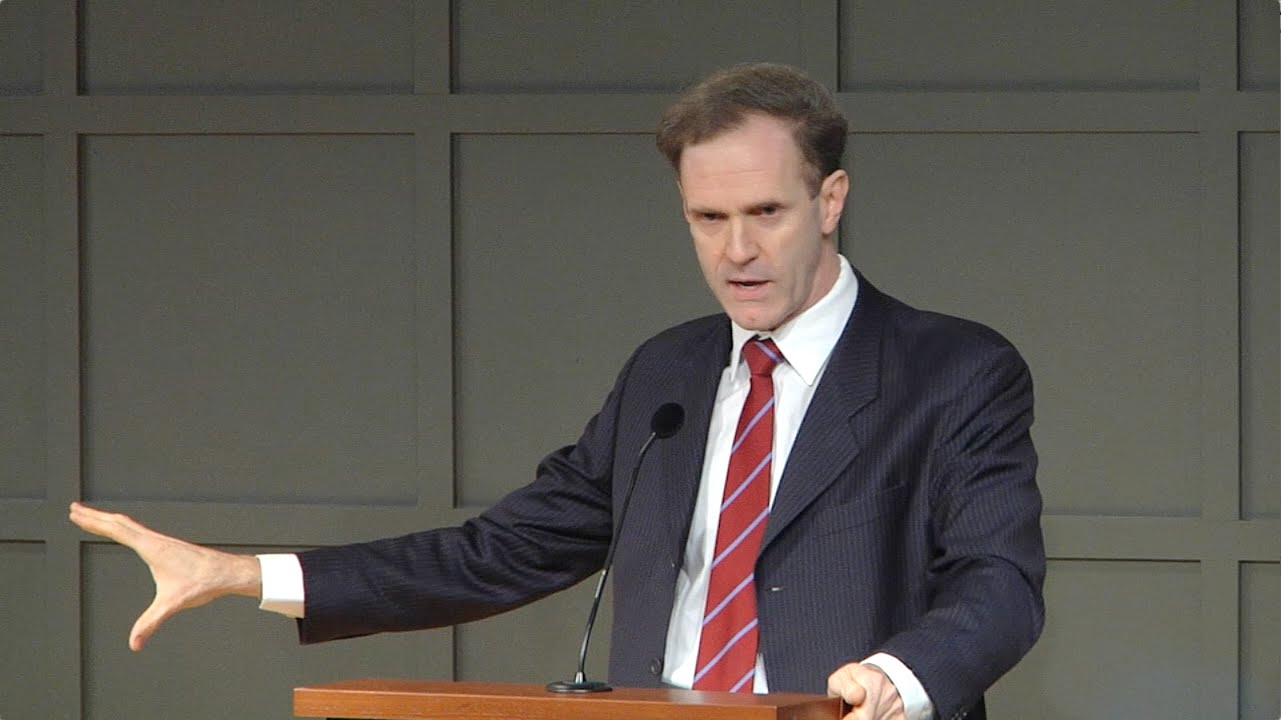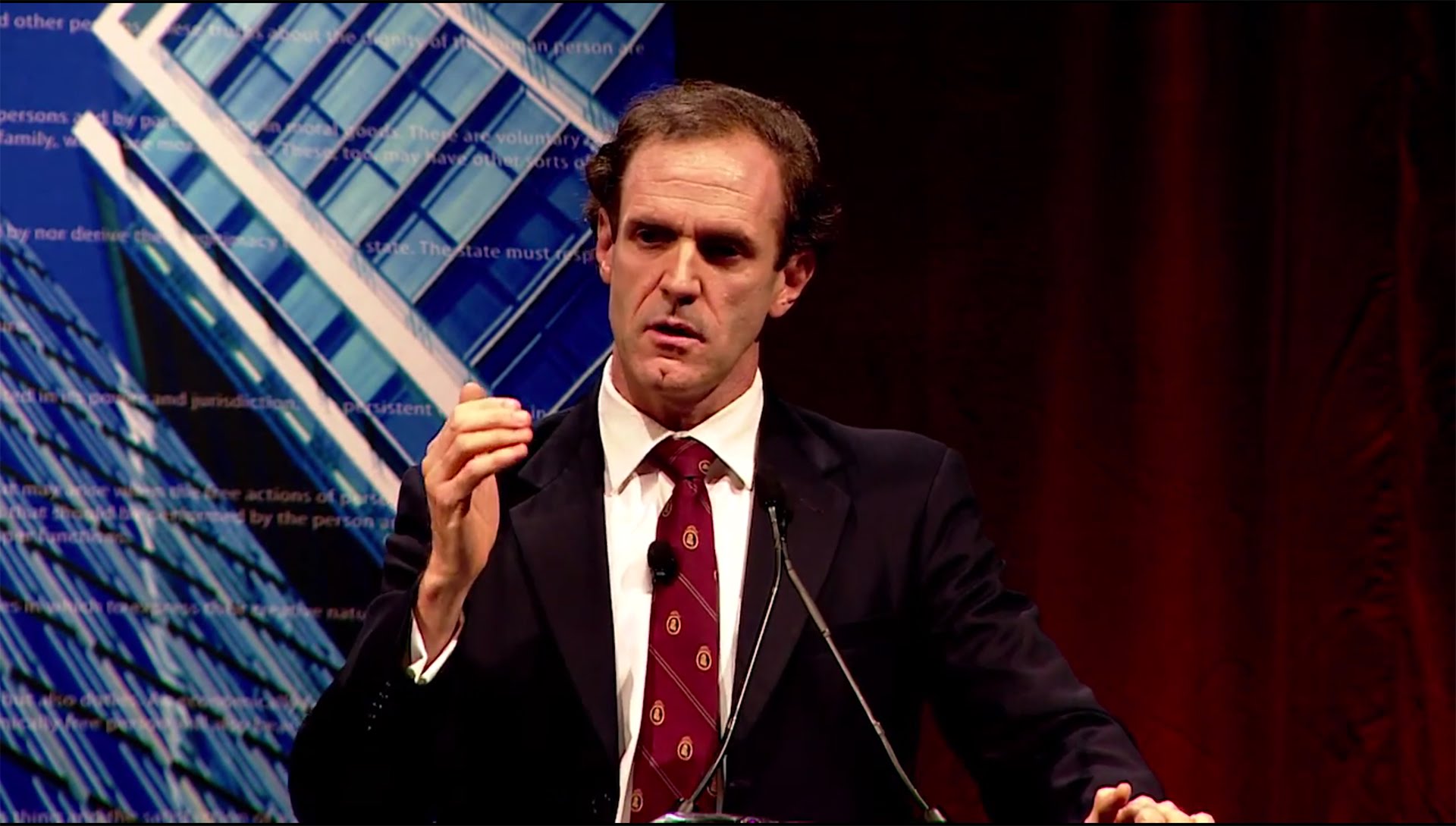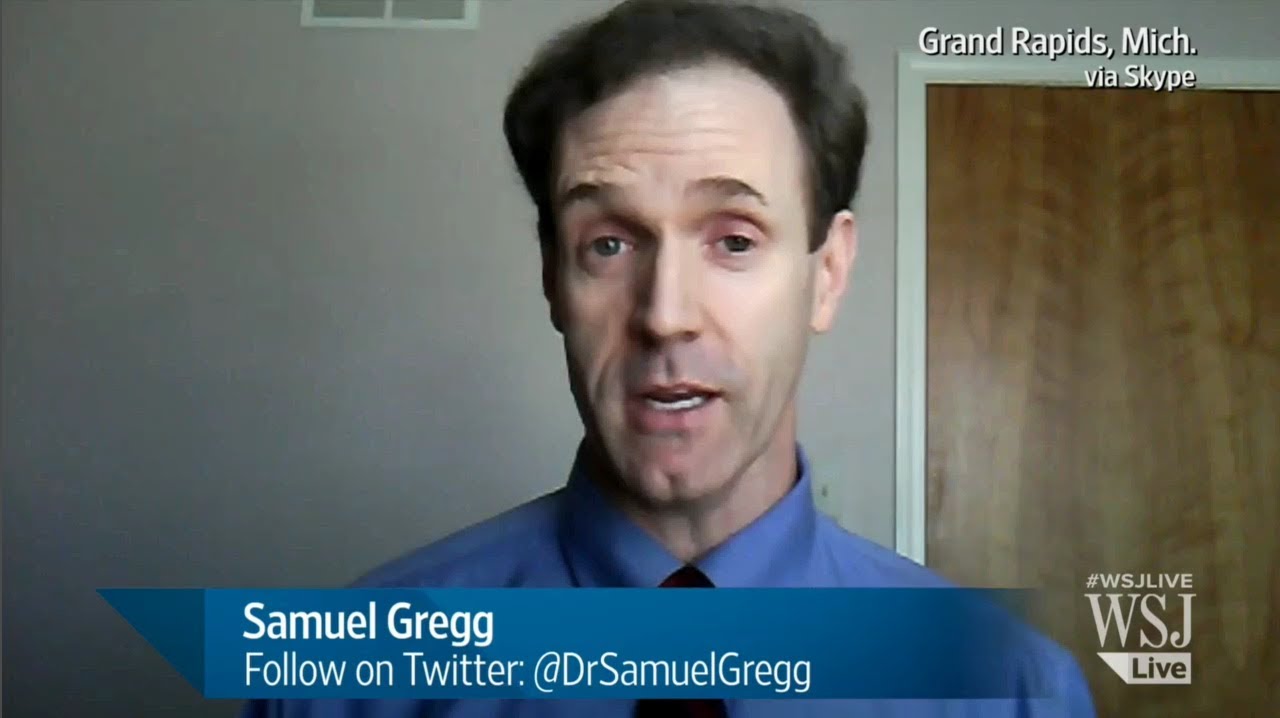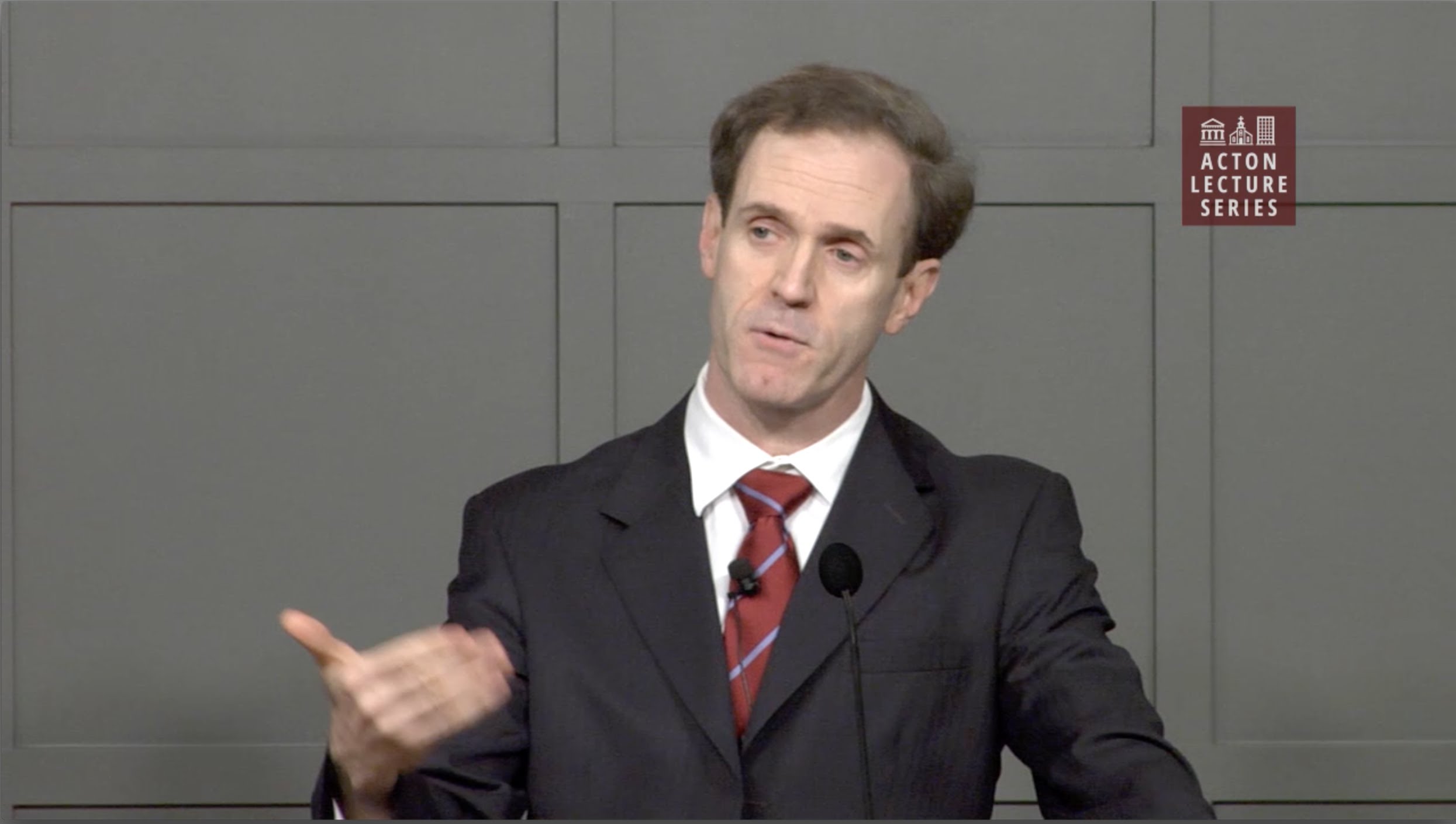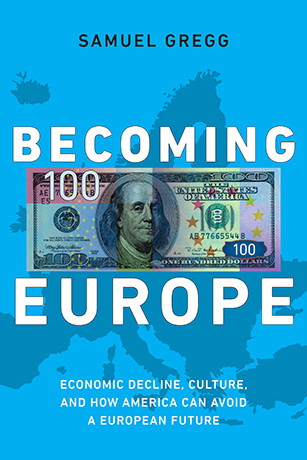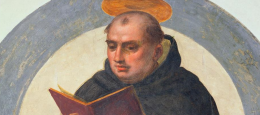Samuel Gregg is an affiliate scholar at the Acton Institute and serves as the Friedrich Hayek Chair in Economics and Economic History at the American Institute for Economic Research. He has a D.Phil. in moral philosophy and political economy from Oxford University and an M.A. in political philosophy from the University of Melbourne.
He served as the General Editor of Lexington Books’ Studies in Ethics and Economics Series. He also sits on the Academic Advisory Boards of the Institute of Economic Affairs, London; Campion College, Sydney; the La Fundación Burke, Madrid; the Instituto Fe y Libertad, Guatemala; and the Friedman-Hayek Center at the Universidad de CEMA, Buenos Aires; and as well as the editorial boards of the Journal of Markets and Morality and Revista Valores en la sociedad industrial.
